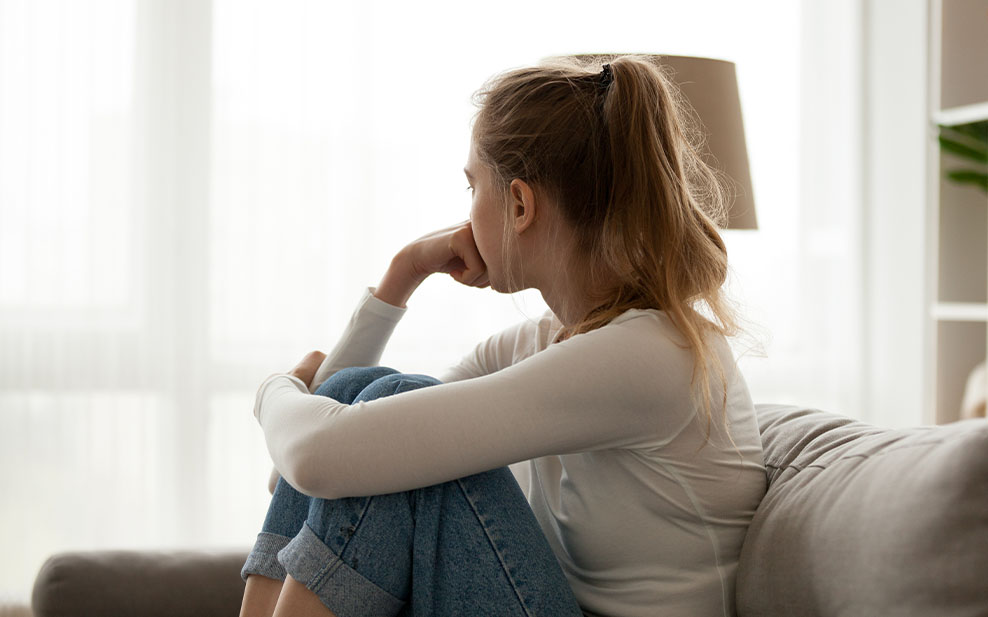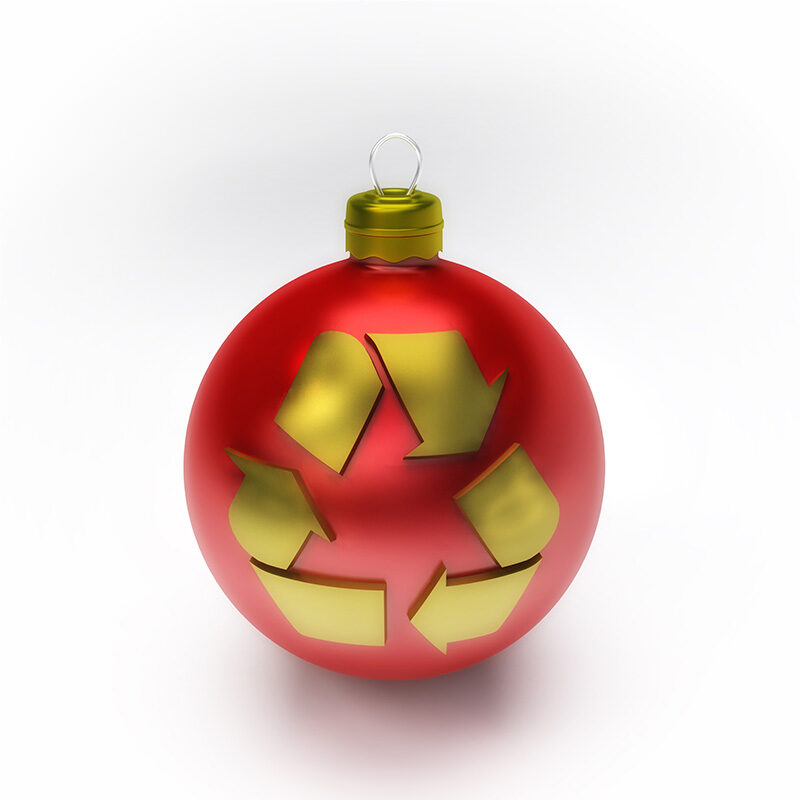
Teenage depression- A father’s story about his daughter’s mental health struggles
WELL, being a parent is hard. It’s especially difficult to parent children going through mental health struggles.
Kids these days face an increasing amount of pressure- social media, pandemic-related social restrictions and anxiety, the constant stream of unfiltered media being thrown at them. As the documentary The Social Dilemma illuminates, mental health struggles are on the rise, especially for young girls.
It can be painful, confusing, and hard to talk about the struggles of a child. It’s easy as a parent to lose hope and feel at your wits end. But, as many parents can attest, treatment and love can help our kids get back on track.
If you’re a parent of a child that’s struggling, take heart that others share your experience. You are not alone.
The story below is one that was shared with us by a parent whose teenage daughter has been struggling with depression for a few years. His perspective is raw and unfiltered and could be triggering. Please read with caution.
An intense episode
She’s curled in a tight ball on the dining chair. Head in hands. The back of her young hands pressed against the tops of her bent knees which are pressed hard against her body. She screams – her palms somewhat muffle the sound – then she bursts into tears. Sobbing, uncontrollably.
Suddenly, with a jerk, she sits up and smacks the side of her forehead three times and yells to herself “Stop crying!” She looks at me and barks angrily, “Crying is a sign of weakness.” Later I discover that’s what kids at school say.
She’s having this episode as her Mom and I try to discuss university applications with her. She finds it too over-whelming. She asks to leave and go to her room. Together we say, tactfully, gently, “No, we need to do this together, and you can’t run away from it.” She stays. Begrudgingly. Tears halted as suddenly as they appeared. Fidgeting. Peeling at the skin around her thumb nail.
“Have you started your ‘personal essay”, I ask, calmly. “Yes. Well, no. Just the outline.”, she replies. “Can you share it with us?”, Mom asks, equally calmly.
She reads the outline based on a question about ‘flow’, or ‘being in the zone’. “What are you doing most often when time seems to just stand still?” She explains that creating new songs, as well as singing and recording them, keeps her preoccupied for hours at a time. This creative outlet is her safe place. Songs are her way of expressing to others what she feels she can’t say to their face. Songs help her speak her mind about depression. It’s a kind of therapy for her – it’s the expression of her authentic self.
I’m curious about her ‘episode’ just now and ask if she can recall what she was thinking during the intensity of her reaction. She can’t. It’s just energy and emotion; anger, frustration, fear, all swirled together. “Could you use this reactive energy and emotion in your personal essay?”, I wonder out loud. Mom and I explain that she can use her stress, anxiety, and depression as a strength. Use it to develop musical content; to provide depth of emotion and understanding for the essay, and in her music. She mulls this over.
Depression diagnosis and treatment

She was diagnosed with clinical depression in January 2020 and has been on Zoloft (an antidepressant) ever since. She started with therapy twice a week, but over the past year and half that was reduced to once every two weeks, thankfully. A summer away, despite covid travel restrictions, meant nearly two months without therapy, though still taking Zoloft. She felt she didn’t need the therapy while away – a bold move. Encouraging. Her choice.
Summer brought her to her happy place, my home country, where she has spent every summer, and most winter breaks, for the past 17 years. She longs to see her cousins, attend summer camp, and be at one with nature. It calms her. The stresses, anxieties and fears that underpin her depression are thousands of miles away. Thankfully.
We will never know the exact reasons for her depression, but we can speculate on the events that led up to it, for which we failed (as parents) to provide proper therapy or counselling prior to the depressive diagnosis:
- Her parents’ divorce (age 10)
- Being bullied by the principal’s son in middle school (age 12)
- Her first smartphone and social media app exposure (age 13)
- Being forced to quit her favourite sport, her passion, because of three successive head injuries (age 14)
- Her Dad remarrying and having to move three times in 18 months (age 15) to accommodate his new wife and her family (we all found this highly stressful)
- The death of both of her paternal Grandparents, with whom she was very close (ages 13 and 16); amongst other factors known and unknown.
She is a very sensitive girl, and we did not recognize the extent by which she was impacted, pained, by all of these factors and changes in her life, and to those people that she loves so dearly.
Living with a daughter dealing with depression requires real compassion and tact. There’s a tricky balance between walking-on-eggshells and attempting to live a “normal” life. It often brings me to tears, seeing her suffer in her ‘episodes’, watching her take the medicine and go to therapy at this young age. That said, it could be worse…and often is…
Self-harm and self-esteem
Her Mom first discovered she was self-harming through cutting when our daughter revealed she was having suicidal thoughts. That was early January 2020. The alarm bells rang for both of us and that’s when we sought help. We believe her self-harm is a means of punishing herself owing to low self-esteem, and fear of not being good enough, or worthy.

She is an extremely talented musician and artist. She, her mother, and her paternal grandfather all have perfect pitch. It’s natural. It’s a gift. She is also strikingly attractive and has been told how “talented” and “beautiful” she is since she was young. In Carol Dweck’s book, Mindset, she notes that “…when we put positive labels – “gifted”, “talented”, “brilliant” – on people…”, it can end up back-firing and “rob them of their zest for challenge and their recipes for success”. It can destroy their self-esteem. With positive labels, people with a fixed mindset fear the loss of their “talent” or “gift”, and they fear the failure of disappointing others (parents, teachers, coaches, and the like) and not living up to expectations, so they stop challenging themselves. They do not want to risk failure because they are supposed to be so “talented”, so they give up.
Her low self-esteem may very well be a result of a “fixed” mindset coupled with incessant positive labelling as a child, creating too much pressure to perform. Throw on top of that bullying at school, parental divorce, multiple moves, and the pressures of social media through related apps, etc., and there was a recipe for disaster, which we did not see as divorcing parents.
A balancing act with hope for the future

Our greatest fear lies in losing our daughter to suicide. It is lessening, but a very real possibility. We do everything we can to support her but the fear for us as parents is very real, and incredibly scary. We do everything we can to support her, and it’s a balancing act at times, like removing social media apps from her phone after watching the documentary The Social Dilemma. The instances of self-harm and suicide amongst middle-school and high-school girls has increased dramatically since the advent of social media and access to mobile phones in middle school and beyond. We encouraged both our children to watch the The Social Dilemma with us, which they did. It was eye opening for all of us. We removed all social media apps from both of their phones, and from mine as well.
At times, it’s so hard to believe that our girl is depressed, with thoughts of ending her life. I often find myself alone, staring at pictures of her as a 5, 7 or 9 year old girl – that broad, innocent smile, and incredible zest for life, were so infectious. She was so full of enthusiasm and excitement. Tears stream down my face as I remember her then, longing for that zest to return.
It does, at times, bubble to the surface; her zest for life. A rare glint of happiness. A spark of hope for the return of her happy spirit. She writes music and sings (beautifully) and wants to pursue this at university. She’s “in the zone” when she’s lost in her music making. She uploaded several songs on Spotify and didn’t tell us for months. She’s uploaded more because of the many “likes”, and somehow, perversely, social media is giving her a boost of confidence, along with her willingness to tell us and her friends what’s she’s doing. She’s proud of her work. She’s become more willing to share, to let us hear her sing, though it’s done quietly without pomp and circumstance – for fear she won’t be ‘good enough’.
There is hope. She’s getting help. She sees the potentials of her efforts and is realising the extent of her talents – embracing them rather than fearing them. Baby steps. For her and for us. She’s off to college next year. How will she cope? Does she have the maturity to be on her own without us, and her support system here? Will she make good choices? Will she need therapy at university? When will she be able to stop the medication? Will she get into other drugs?
Our fears often hold her back.
I remind myself and her Mom of this. She has wings and needs to fly. We’re here to support her as she needs, and always will be. She’s seen my tears. I remind her it’s a sign of trust – not weakness – to cry in front of someone you love. She says she loves me. We hug and she goes to bed. I kiss her goodnight and time stands still.
Anonymous entry to WELL, Magazine Asia
Before you go: WELL, listen to an inspiring song on giving kids hope and a “reason to fly”. There is always hope to make it through tough times!

Thank you for reading this article from WELL, Magazine Asia. #LifeUnfiltered.
Connect with us on social for daily news, competitions, and more.





